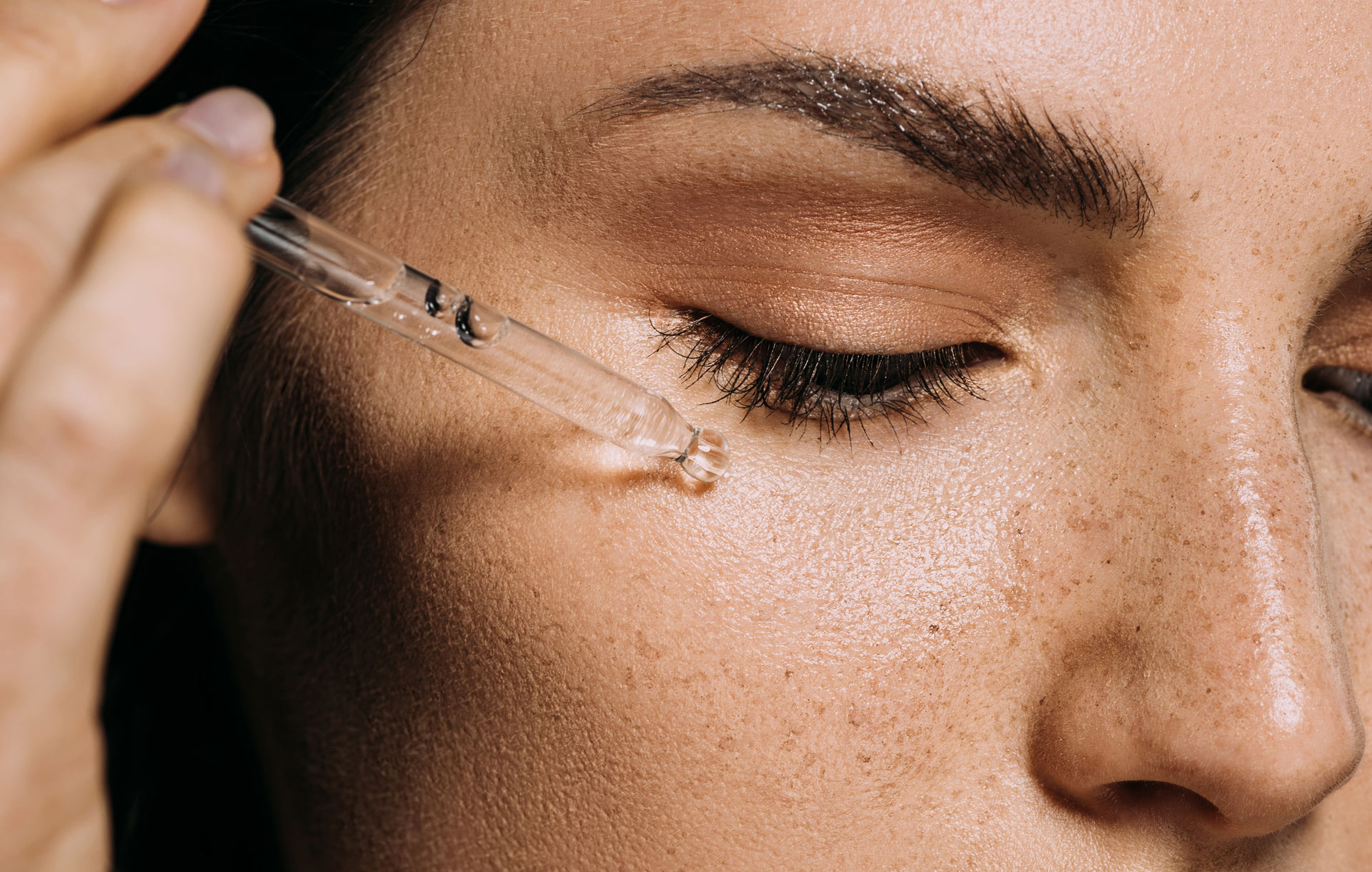Deliver essential fatty acids and seal in moisture with these oils
The fear of applying oil to the skin seems to be a thing of the past for the skincare community, with more brands and experts raving over how beneficial they can be to the skin. Fall is in full swing and winter is quickly approaching, and it’s likely the average person is noticing some changes in their skin already. Dryness, rough texture, redness, irritation, and even new breakouts are common complaints from anyone transitioning into a new, colder season. Breaking down some of the many options on the market is the first step in achieving balanced, hydrated skin this winter!
Sunflower Seed Oil
Sunflowers are native to North America and typically bloom in the transition from summer to fall. These flowers are known to be a symbol of happiness, and the oil pressed from their seeds has proved to be an exceptional ingredient for many skincare needs. Sunflower seed oil is a great source of oleic and linoleic fatty acids, making it superb for skin barrier repair and hydration. High levels of Vitamin E assist in the moisturization and soothing of irritated or inflamed skin. It is non-comedogenic and thin in consistency, making it easy to apply and absorb.
[ihc-hide-content ihc_mb_type=”show” ihc_mb_who=”2,4,6,7,5″ ihc_mb_template=”3″ ]
Argan Kernel Oil
Argan oil has been a staple in hair care for years, and with good reason. Extracted from the Moroccan argan tree and full of amazing properties, this oil is also exquisite for skincare. Being non-comedogenic and anti-inflammatory makes it ideal for sensitive and acneic skin. Fatty acids, antioxidants, and Vitamins A, C, and E encourage moisture and fight off free radicals while keeping skin nourished and hydrated. Argan oil is also rich in beta-carotene, a Vitamin A precursor, known to fight UV damage, aging, and improve uneven skin tone!
Squalane Oil
Squalene naturally makes up about 13% of human sebum and is commonly derived from sugarcane, olives, rice bran, wheat germ, and shark livers (make sure to look for “plant-derived” on the package if searching for vegan options). Squalane is a hydrogenated, more stable version of squalene. Squalane oil applied topically closely mimics our natural oils, making it great for all skin types and it especially helps balance oily skin. As a natural emollient with antioxidant properties, squalane oil hydrates the skin and calms irritation. Clear and unscented, this oil absorbs easily without leaving a greasy residue.
Jojoba Oil
Jojoba oil is actually a liquid wax ester that, like squalane oil, closely mimics human sebum. As a humectant containing high levels of Vitamin E, jojoba oil reduces trans-epidermal water loss by binding water to the skin. This increases hydration and reduces dry, itchy skin! Jojoba oil is great for acneic skin types and is exemplary when used as a “sealant” for other moisturizing products.
Coconut Oil
Coconut oil is debated in the skincare community due to its reputation for causing facial breakouts. An oil that doesn’t work on the face may be perfect for the rest of the body! Coconut oil is a highly moisturizing emollient with antimicrobial properties. It contains high levels of caprylic and lauric fatty acids which act as anti-inflammatory antioxidants. Compared to other popular skincare oils, coconut oil has a very long shelf life making it hugely cost-effective as a body oil/moisturizer during the winter months.
Sea Buckthorn Oil
Pressed from the berries, seeds, and leaves of the sea buckthorn plant, this oil has gained massive recognition in the past decade despite being used for thousands of years. High in Vitamin C, sea buckthorn oil also contains omegas-3, 6, 9, and 7, a combination very rare to find in plant oils! Additionally, this antioxidant has been shown to increase circulation and induce cell regeneration.
Rosehip Seed Oil
This oil is extracted from the seeds and fruits of wild rose bushes mainly found in the southern Andes. Rosehip seed oil contains high levels of beta-carotene, a Vitamin A precursor known for its reparative and anti-aging effects. Omega-3 and omega-6 are fatty acids that support the skin barrier and regulate oil production, providing hydration and balance to dry skin. Rosehip seed oil is acclaimed for its capacity to reduce hyperpigmentation and the effects of UV radiation, making it perfect to tackle sun damage acquired during the summer months!
How to Choose a Facial Oil
Everyone reacts differently to skincare products and no two faces are the same. Trial and error is the best method when on the hunt for the best facial oils for your clients. The market is full of “blends” of the best and most popular facial oils, allowing users to experience the benefits of multiple oils while using one product!
Oils to Avoid
Some oils made for the skin have the potential to cause more harm than good and can make the skin worse than before incorporating it. Mineral oil (also called liquid petroleum, paraffin oil, or white mineral oil) has not been proven 100% safe for use as It contains polyaromatic hydrocarbons which are known carcinogens. Despite knowing this, refined mineral oil is still found in a plethora of skincare products and cosmetics because it is inexpensive to manufacture. Studies have suggested that even the highly refined mineral oils used in beauty products may still have polyaromatic hydrocarbons that reach the lymph nodes, lungs, spleen, liver, and fat!
Facial oils are vital for treating dry skin during the winter, but incorporating more oils and healthy fats into your diet will make a tangible difference. Coconuts, olives, fatty fish, avocado, seeds, and nuts contain natural oils that will nourish the body and encourage healthy oil production in the skin. Consuming these foods regularly and finding the right facial oil will give the body ample antioxidants and vitamins to keep the skin functioning beautifully this winter.
[/ihc-hide-content]













